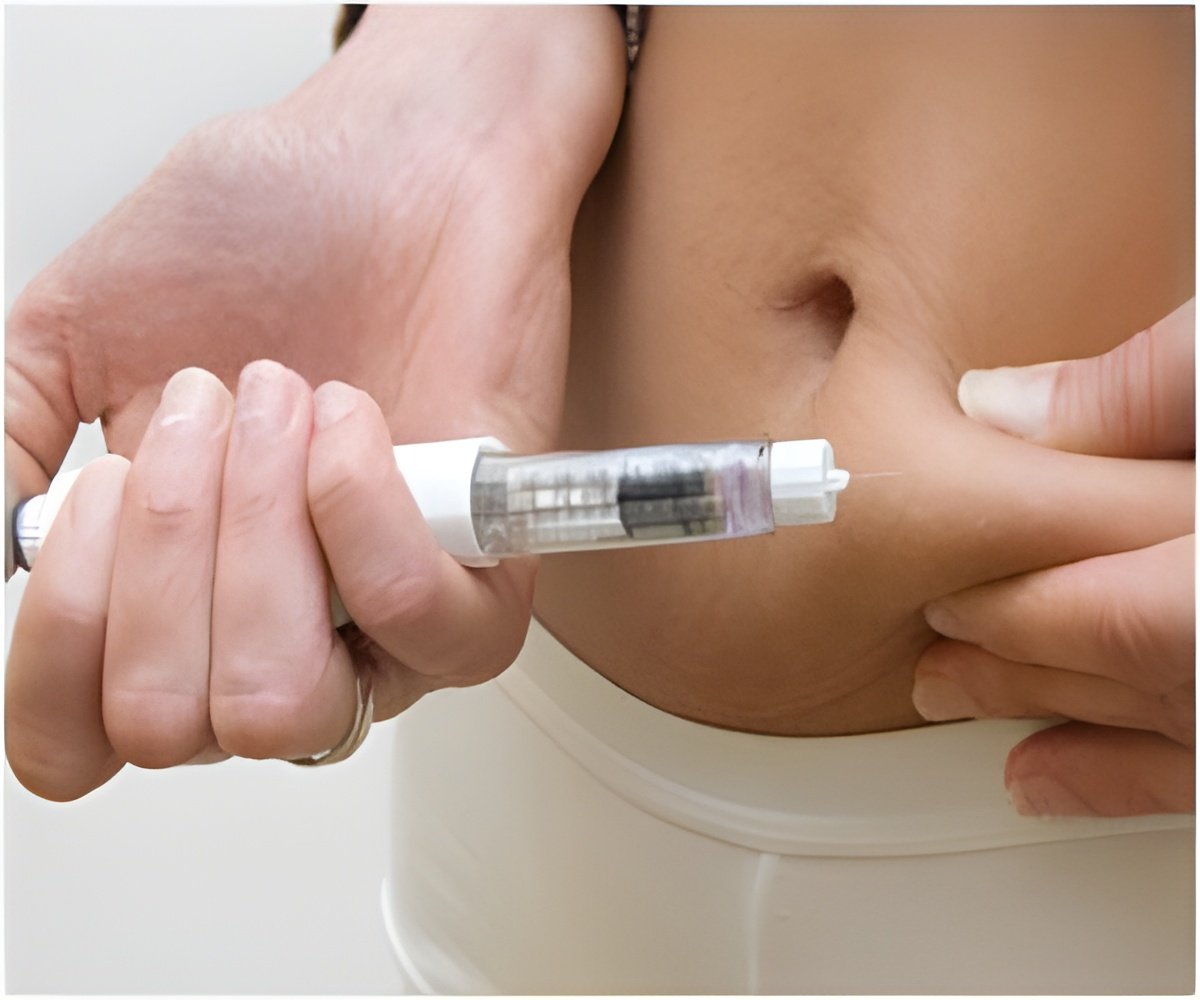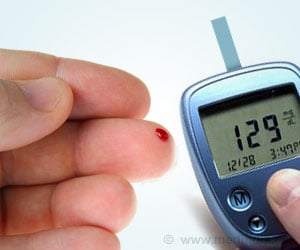For anyone with Type 2 diabetes, a growing body of research supports the idea of taking four medications to help their hearts function properly.

A long-term average of about eight on the measurement called Hemoglobin A1c was enough to ensure most of the benefits, but this in many patients can be safely lowered to around seven. Hemoglobin A1c test is used as a standard tool to determine blood sugar control for patients with diabetes. It checks what percentage of your hemoglobin - a protein in red blood cells that carries oxygen - is coated with sugar (glycated).
"This finding reinforces the importance of combining good blood sugar control with control of other cardiovascular risk factors for a combined effect," said lead study author Rodney Hayward of the VA Ann Arbor Healthcare System and University of Michigan Medical School.
For anyone with Type 2 diabetes, a growing body of research supports the idea of taking four medications to help their hearts: metformin to control blood sugar, a statin to control cholesterol and other blood lipids, a blood pressure medication and aspirin.
This quartet of drugs, combined with proper diet and exercise, and quitting of smoking, could help millions of people stave off heart attacks, strokes, heart failure and amputations.
They may also help prevent other medical issues that can arise from the effect of diabetes on small blood vessels, including blindness, nerve pain or numbness, and kidney failure.
Advertisement
The results were reported in the New England Journal of Medicine.
Advertisement















